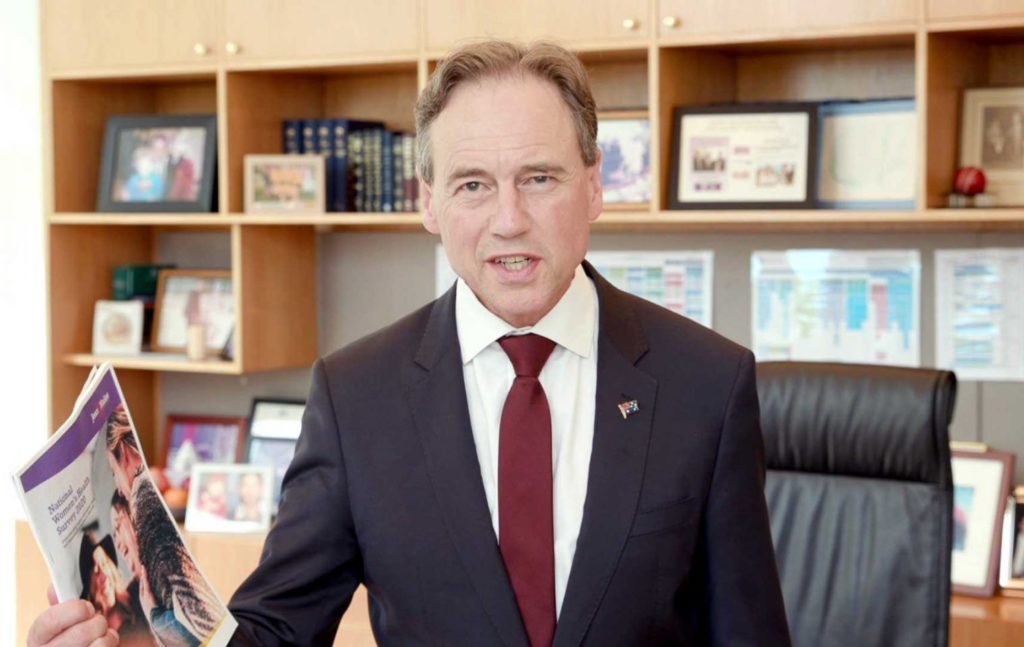Women’s Health Survey results released
The results from the 2020 National Women’s Health Survey were launched today via video message by Australia’s Federal Health Minister, the Hon. Greg Hunt MP. The results provide a snapshot of the current health experiences and behaviours of women in Australia, including the impact of the pandemic on women’s health.

The National Women’s Health Survey has been conducted annually for the past 6 years by Jean Hailes for Women’s Health. Jean Hailes is a national not-for-profit women’s health organisation dedicated to improving women’s health through every life stage.
In 2020, the survey attracted more than 9,000 responses from women across Australia. As Greg Hunt said in his video message, the results are “sobering and powerful”. He indicated that the findings would help the Federal Government to “frame the next steps in our long-term National Women’s Health Strategy to 2030.”
Some of the key insights extracted from the report* include:
- 33.2% of women respondents reported symptoms of anxiety
- 28.7% reported symptoms of depression
- 23.9% had experienced some form of intimate partner violence
- 39.1% of respondents could not afford healthcare when needed
- 60% of women who had miscarriages or stillbirths said they didn’t receive enough information or support
- 33.6% reported their health was worse than before COVID-19
* Reference: Jean Hailes for Women’s Health (2020), National Women’s Health Survey 2020
In many cases, the experiences of women with disabilities was worse than those without. For example, 49.2% of women with a disability said their health was poor or very poor, compared to 10.5% of those with no disability.
“This is an important study which sheds light on key health issues, trends, concerns and outcomes,” said Ross Joyce (CEO, Australia Federation of Disability Organisations). “This survey demonstrates that for women with disability the results are particularly poor when compared to the results for those without disability, and again highlights the well documented ongoing disadvantage they face daily. We also know that similar disadvantage exists for girls and young women with disability.”
To discover all the findings of this important survey, you can visit the Jean Hailes website: https://jeanhailes.org.au/survey2020
If you would like to contact us to find out more about our services and how we can assist you, please complete the form below.